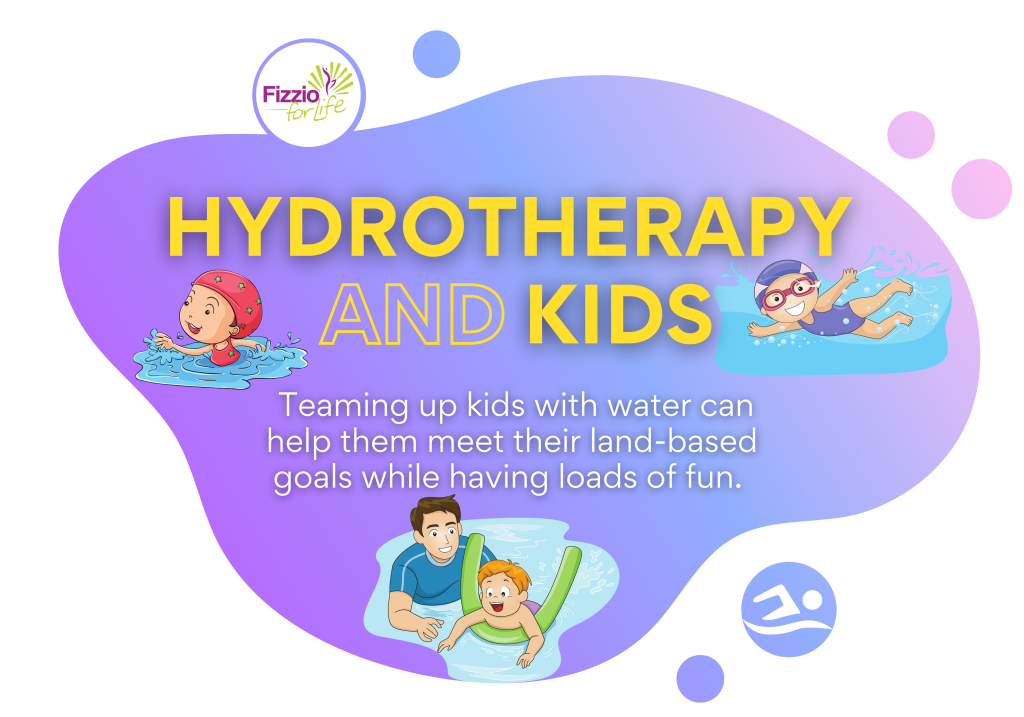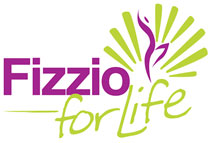
Teaming up kids with water can help them meet their land-based goals while having loads of fun.
Children with a disability, recovering from cancer, injury, pain, hypermobility, autism to name a few, all benefit from exercise in the water.
Teaming up kids with the right therapist and with water can help them to reach their land based goals. Sometimes, children can walk in the water before they walk on land! The water supports their body, decreases the weight that they are trying to move around and their fear of falling reduces!
Conditions hydrotherapy can help:
- Developmental delays
- Autism
- Cerebral palsy
- Acquired brain injuries
- Pain conditions
- Downs Syndrome
- Post-surgical or post plaster recovery
- Hypermobility and Ehlers Danlos Disorders
- Post cancer treatment
Older children with neurological conditions and/or hypermobile joints can do more in the water to strengthen the ligaments and musculature stabilising the joints that aren’t so stable on the land.
Joint range of motion can be maintained and maximised in the water using floatation devices to get the most movement out of the joints. The water also resists movement and with the use of lots of fun equipment, the resistance can be increased and progressed resulting in improvements in upper and lower body as well as core strength and stability. Of course there is always time in the sessions for some splashing fun as well!
The list of benefits goes on …
For children with sensory processing disorders, the sensory nature and pressure of the water may dampen over-stimulation and have a calming effect. Research has shown improvements in social interactions and behaviours of those with Autism Spectrum Disorder (ASD).
Exercise in the water can also help with weight management, improve sleep and decrease anxiety. All great things for any person, but particularly beneficial for children who are enjoying the exercise because it is in a fun environment.
We understand that swimming isn’t for everyone and just like adults, children don’t always like putting their eyes and ears in the water. There are always adaptations that can be made like completing exercises while floating vertically or keeping their feet on the ground. We will always work with what feels comfortable first and then push forward slowly towards reaching goals. Ensuring actual safety as well as the feeling of safety is of paramount importance.
The first assessment session will occur out of the pool with the child and their parent or carer. This gives time for the gathering of health information but also allows a positive connection with the child and clinician to occur, gaining trust and cooperation ready for the first session at the pool.
If you think hydrotherapy sessions for your child may help them, give us a call to talk it through with our reception staff and arrange an assessment to get started in the pool.

